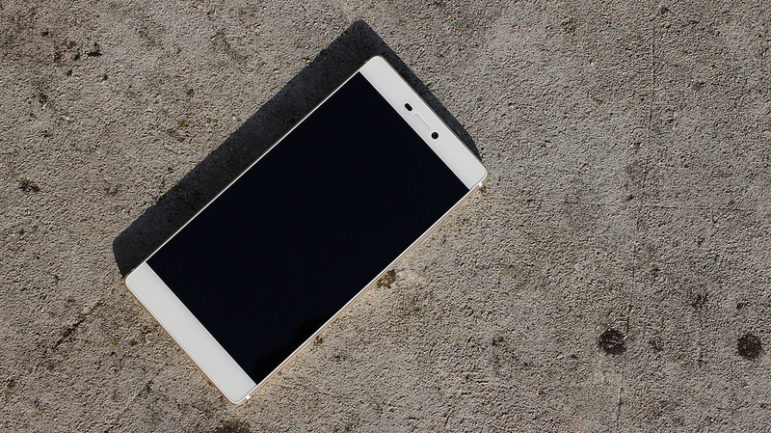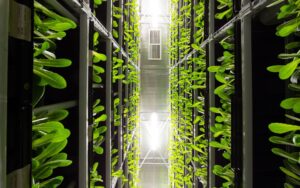
August 8, 2016; Guardian
Think you couldn’t live without your mobile phone? The availability of mobile phones in many African countries is having a total game-changing effect on politics, economics and society in general. In some African countries, there are more mobile phones than adults, according to the Guardian.
John Githongo, a Kenyan anti-corruption organizer, said, “The growth in access to smartphones leads to the creation of networks that are broader, deeper and more durable than we have seen in the past.” Mobile phones are leading to an increase in transparency in countries where the old-school telephone companies were inefficient and information was not easily shared.
Sign up for our free newsletters
Subscribe to NPQ's newsletters to have our top stories delivered directly to your inbox.
By signing up, you agree to our privacy policy and terms of use, and to receive messages from NPQ and our partners.
In a sign of technological leapfrog, many citizens are currently accessing the Internet via their smartphones, never having experienced a desktop computer. This leap forward is also visible in the number of innovators and entrepreneurs who are creating opportunities in both healthcare and education. NPQ has covered the impact of emerging technology in Africa, here and here.
Examples abound of how social services and health care are changing their outcomes through mobile technology, including:
- Early HIV diagnosis is made possible in Nigeria, as a mobile program called SMART uses battery-operated printers paired with SMS technology to receive and print results without computers or Internet access.
- In Zimbabwe, a social protest movement grew out of a post on the Internet. The campaign, #ThisFlag, allowed citizens to express opposition to the government in a way previously not possible. Citizens are using their mobile phones as a way to communicate across vast spans of territory with minimal government control.
- Seventy percent of Kenyan adults are using their smartphones for payments for business and government agencies, taking advantage of services that were previously severely limited by bank locations. Citizens deposit money with an agent and then the money is credited to their password-protected digital wallet, which is used from paying for taxis to paying utility bills. The app allows micropayments as low as 10 cents.
- In Ghana, a mobile application provides timely information to pregnant women. Nurses use another app to collect patient data, uploading the info to a centralized location.
- iCow is a subscription service allowing farmers to better track their cows’ fertility cycles so as to maximize the breeding possibilities.
- There’s a major opportunity to have African schoolchildren grow up as “digital natives.” To promote that goal, Vodafone is providing free Wi-Fi in primary schools in Kenya.
Some of the limitations of the current technology deal with “last mile” coverage, which is always the most expensive to build up. Market analysts are predicting a 76 percent share in mobile broadband connections in 2020, which will be up from just 17 percent in 2014. The founder of iCow, Su Kahumbu Stephanou, expects that mobile technology will help Africa close the digital divide.—Jeanne Allen













